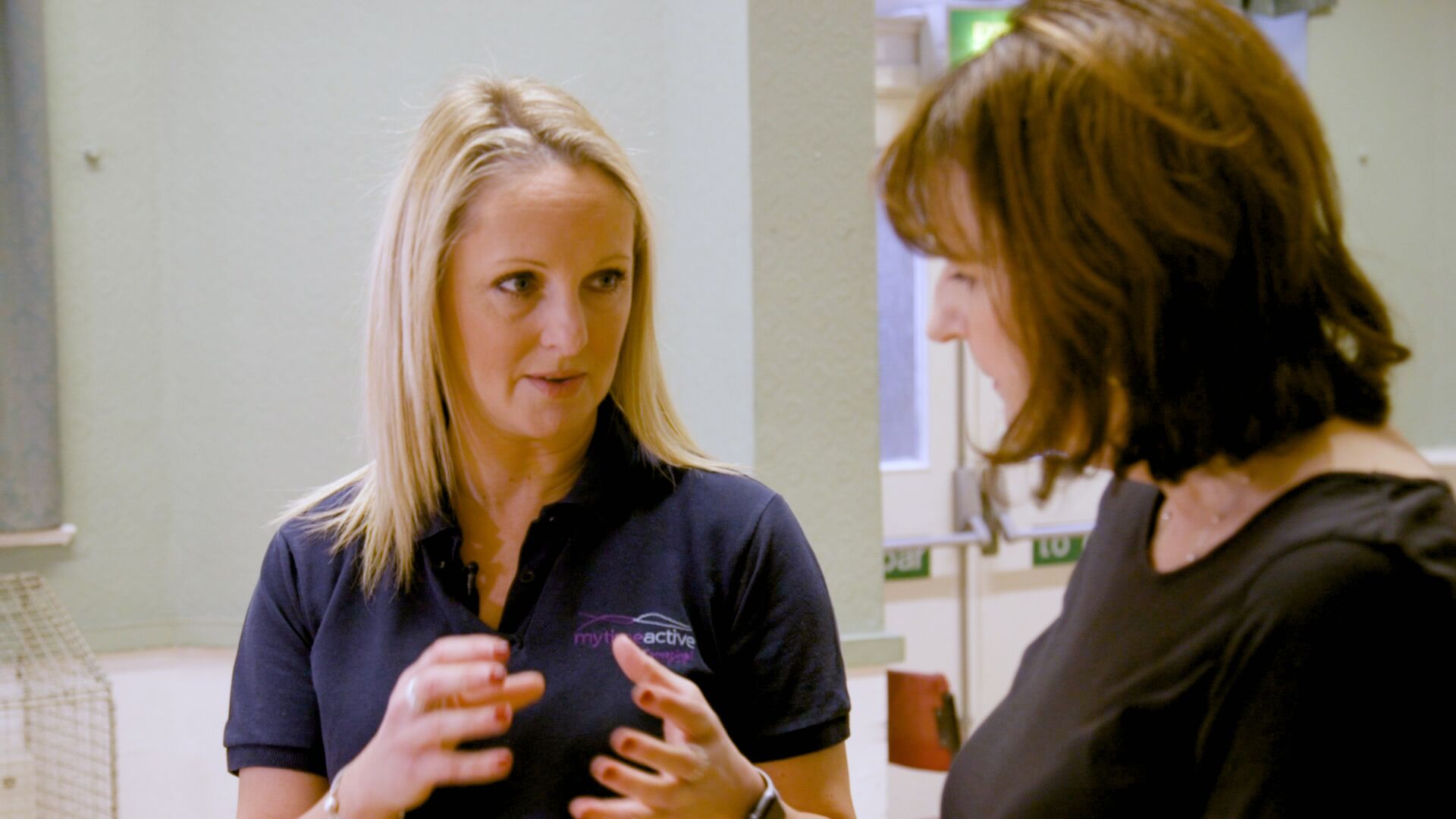A Kingston University professor’s hip and knee rehabilitation scheme received national recognition for saving the NHS millions of pounds and reducing patient waiting times significantly.
The ESCAPE-pain scheme for chronic hip and knee pain enables patients to self-manage and cope with arthritic pain by exercising and has saved the public health service an estimated £22m so far.
Professor of rehabilitation sciences, Mike Hurley said: “I wanted to find a better way to help people living with chronic pain and with ESCAPE-pain, we’ve shown that a combination of education, self-management, coping strategies and individualised exercise regimes can achieve better outcomes.”
The scheme is made up of a six-week course with two sessions per week where patients are taught to understand arthritis and that exercise is a safe and effective way to minimise knee and hip pain.
The motivation behind the award-winning programme that was started two-years-ago stems from Hurley’s own experience with arthritis.
He said: “I know all too well what a difference treating chronic pain in this way can have on people’s lives. Chronic joint pain is miserable. It can create social isolation, feelings of helplessness, anxiety and depression, and long-term use of pain killers that people don’t like taking and haven’t been proven to work in the longer term.”
ESCAPE-pain (which stands for Enabling Self-management and Coping with Arthritic Pain using Exercise) is currently available at 230 NHS sites across the country and has benefited over 14,000 patients.
“It has been fantastic to see it grow. It’s always a great boost to the team when we get positive feedback from people who have benefitted, we all get a great kick from knowing we’ve helped someone,” Professor Hurley said.
Rebecca Sargeant, 21, who studies creative writing and media, suffers from both chronic knee and hip pain. She said: “If I keep moving it hurts less but standing in one place for a long time hurts.”
Hurley is hoping to adapt the programme for people with back pain which he says is an even larger issue.
He said: “There are probably about 4-5m people across the UK who could benefit from the programme so there’s a lot of work to do so that everyone can access the programme, but we’re getting there.”

